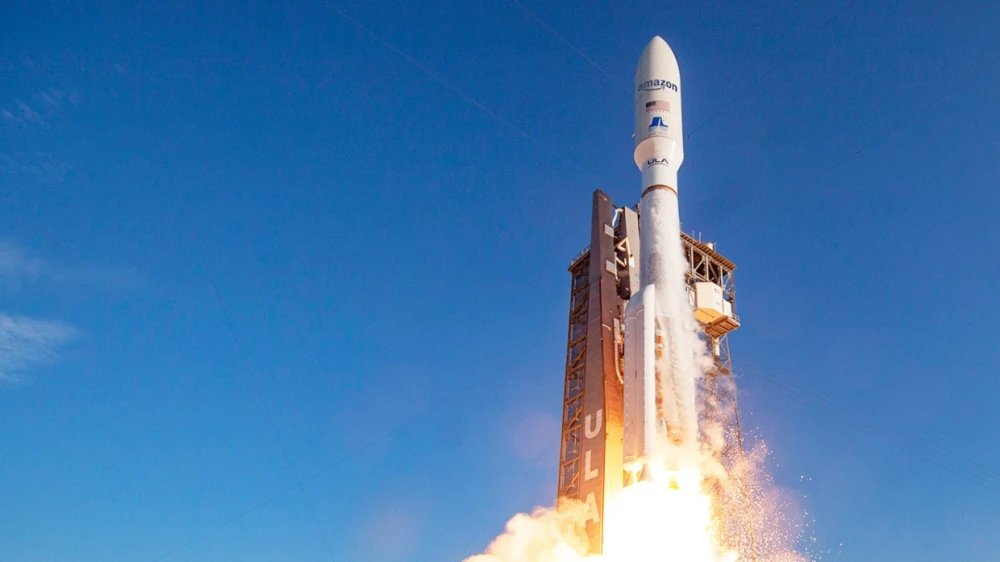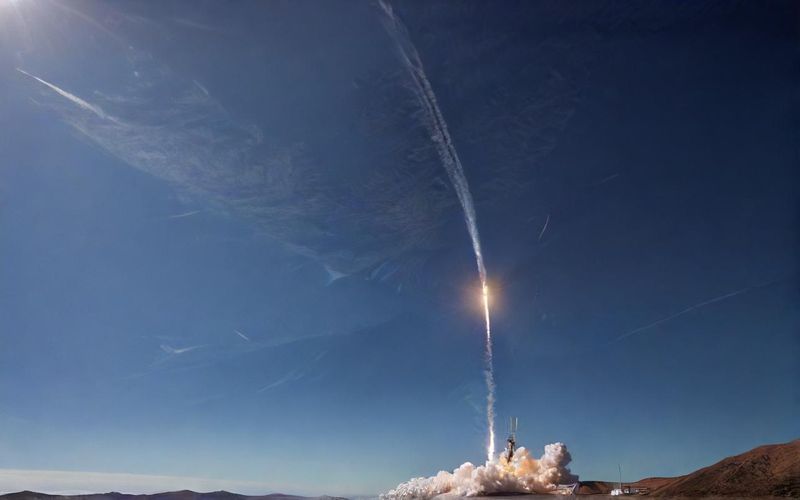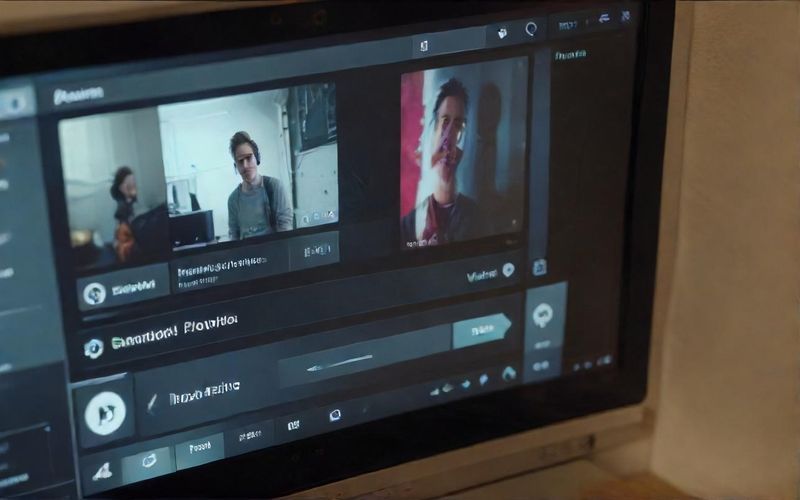Amazon's Kuiper Satellites Launch Tonight

CAPE CANAVERAL, FL – Amazon's Project Kuiper took a significant step forward on April 28th with the successful launch of its first 27 production satellites. The launch, initially scheduled for April 9th but delayed due to inclement weather, occurred at 7:01 p.m. EDT from Cape Canaveral Space Force Station aboard a United Launch Alliance (ULA) Atlas V rocket. The launch marked the culmination of extensive development, including the testing of two prototype satellites launched in October 2023.
ULA utilized its most powerful Atlas V configuration, the 551, incorporating five solid rocket boosters from Northrop Grumman. The Atlas V ascended on a northeasterly trajectory, successfully deploying the satellites into low-Earth orbit. ULA President and CEO Tory Bruno stated that this is the first of 46 planned Atlas V launches for Amazon, with additional launches anticipated in late spring or early summer. Future Kuiper satellite launches will also utilize ULA's Vulcan rocket, with the first Vulcan launch potentially occurring in late summer and carrying 45 satellites.
This mission represents Amazon's entry into the competitive satellite internet market, currently dominated by SpaceX's Starlink. Project Kuiper aims to provide low-latency internet service to both civilian and government customers globally. The complete Kuiper constellation will eventually comprise over 3,200 satellites operating at altitudes between 590 km and 630 km. Amazon has secured launch contracts with ULA, Arianespace, Blue Origin, and SpaceX to facilitate this ambitious project.
The successful launch is a crucial step towards achieving the Federal Communications Commission's (FCC) stipulation that Amazon begin customer service upon the successful launch and operation of its first 578 satellites. Amazon has also established Kuiper Government Solutions (KGS) LLC to cater specifically to government needs, partnering with L3Harris Technologies to offer specialized services integrating satellite and terrestrial communication capabilities. The project's advancements highlight Amazon's significant investment and commitment to building a state-of-the-art satellite network designed and built entirely in-house. While acknowledging potential challenges, Amazon remains confident in its ability to deliver on its ambitious goals. The launch also coincided with a SpaceX Falcon 9 launch carrying 23 Starlink satellites.









